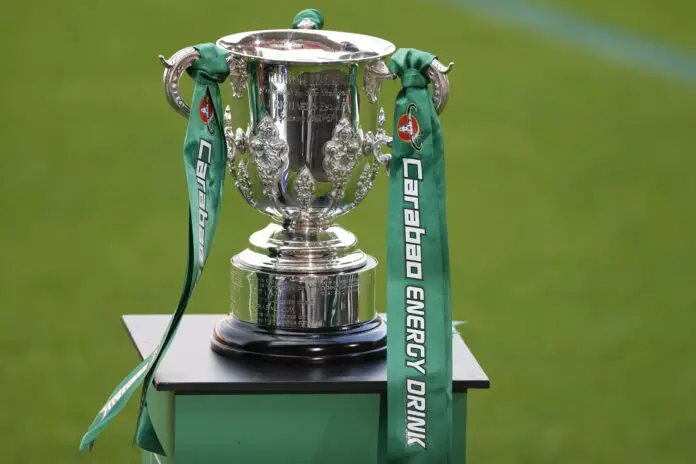League Cup’s Future: A Turning Point or The End of The Road?
In the grand amphitheatre of English football, the League Cup, a venerable institution since its inception in 1961, finds itself at a critical juncture. As Chelsea and Liverpool prepare to lock horns in a climactic showdown before a packed Wembley, the spectacle embodies the competition’s enduring allure. Yet, this dazzling display belies a deeper unease about its longevity in an ever-evolving football landscape.
Storied Competition Under Siege
The League Cup, despite its rich tapestry of memories, has increasingly been perceived as the lesser cousin to the more illustrious FA Cup and the global juggernaut that is the Premier League. Its struggle for relevance amidst a congested schedule is emblematic of the broader challenges it faces. The competition has seen significant alterations over the years, from the abolition of two-legged ties in the early rounds to the removal of replays and extra-time, in a bid to streamline the tournament and perhaps, stave off obsolescence.
The financial incentives, often cited as crucial for the lower-tier clubs, have not scaled in proportion to the burgeoning revenues seen elsewhere in the game. The paltry sum awarded to the victors starkly contrasts with the riches available through other competitions, rendering the League Cup a secondary pursuit for many clubs. This sentiment was echoed by Pep Guardiola, the Manchester City manager, who in 2020 expressed a willingness to see the competition axed.

Pressures of an Expanding Calendar
The imminent expansion of UEFA and FIFA’s club competitions poses an existential threat to the League Cup. The introduction of an expanded Champions League and the revamped FIFA Club World Cup is set to place unprecedented demands on the football calendar, squeezing the space available for domestic cup competitions. The financial disparity between the League Cup and these global tournaments only exacerbates the situation, leading to calls for its reformation or outright abolition.
Amidst ongoing discussions about the future structure of English football, the League Cup finds itself a bargaining chip in negotiations. The proposal to eliminate two-legged semi-finals from the competition is a concession to the pressing demands of the international calendar, yet it is met with resistance. The EFL, acutely aware of the League Cup’s significance to its financial health, insists on equitable compensation in any rearrangement of the footballing schedule.
Is There Still Space for Tradition?
Despite the logistical and financial challenges, the League Cup continues to hold a special place in the hearts of many within the football community. For clubs outside the Premier League’s elite, the competition offers a rare opportunity for glory and financial windfall, as exemplified by AFC Wimbledon’s lucrative fixtures against Chelsea and Arsenal. The allure of a David vs Goliath encounter, the dream of a giant-killing act, remains one of the tournament’s most captivating narratives.
Envisioning the Future
As the debate rages on, the future of the League Cup remains shrouded in uncertainty. Will it adapt to the demands of the modern game, perhaps by further reducing its footprint, or will it succumb to the pressures and fade into the annals of history? The key to its survival may lie in its ability to reinvent itself while preserving the essence that has made it a cherished part of the football calendar.
As we stand at this crossroads, the League Cup’s journey is reflective of the broader evolution of the sport – a testament to tradition grappling with the relentless march of progress. Its path forward will not only shape its own destiny but also offer insights into the future of domestic cup competitions in the age of global football empires.
In conclusion, while the glamour of the League Cup final between Chelsea and Liverpool captivates the imagination of fans worldwide, it also serves as a poignant reminder of the challenges facing this storied competition. Its future, whether bright or bleak, will undoubtedly be a topic of fervent discussion and debate among all who cherish the beautiful game.

